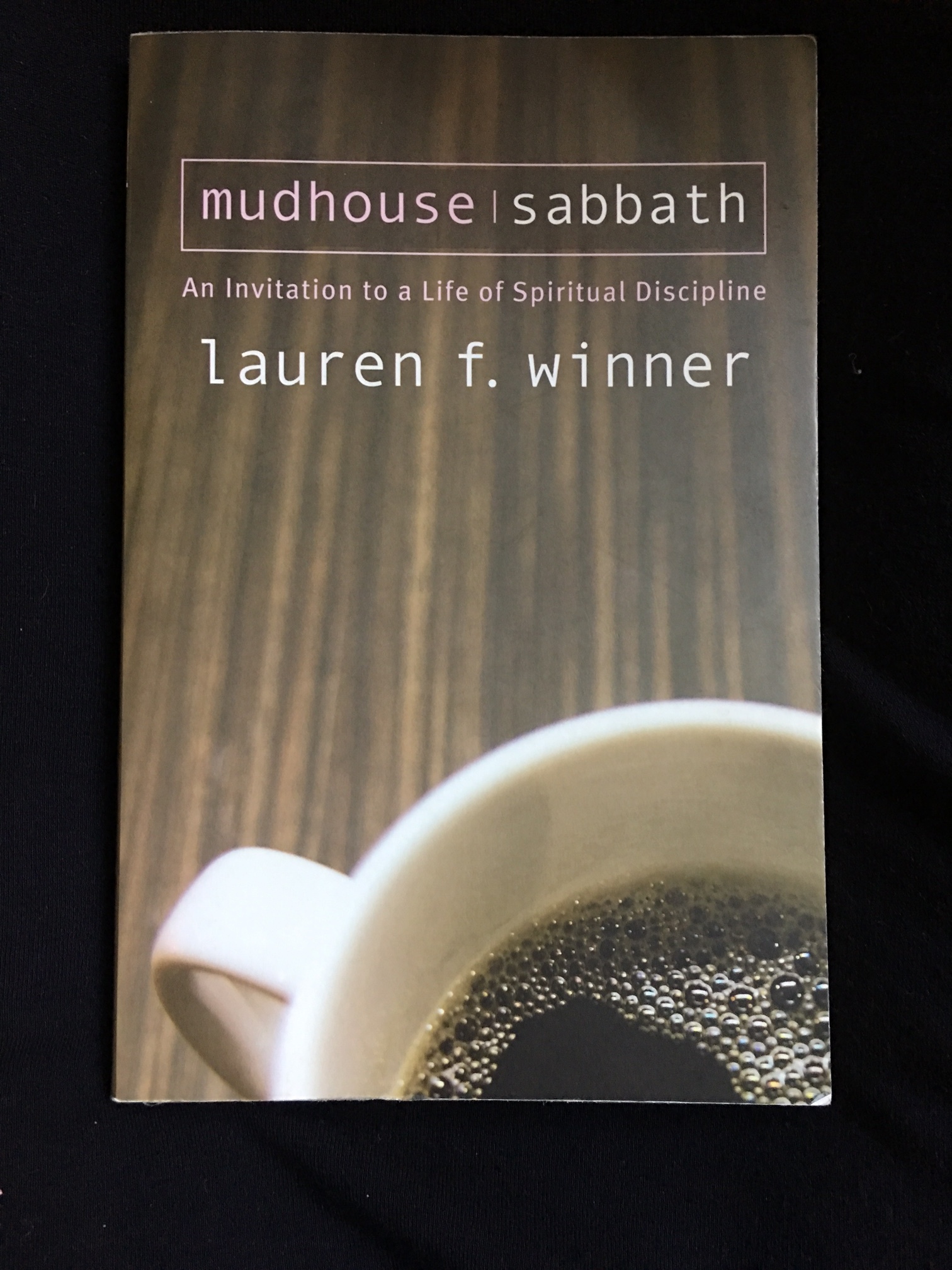Earle: Julian
“Then, with a glad face, our Lord looked into his side, and gazed rejoicing ; and with his dear gaze he led his creatures’ understanding through the same wound into his side. And then he revealed a beautiful and delightful place which was large enough for all humankind who shall be saved to rest there in peace and love.” Mary Earle, Long Text 24, p. 69, Julian of Norwich, Selections from Revelations of Divine Love, annotated and explained, 2013 SkyLight Paths.
Episcopal priest and well-known writer, Mary Earle, was the keynote speaker this year at the Community of Hope International meeting at Camp Allen this year. Her topic was “Julian of Norwich and the Oneing Love of God.” Julian was a 14th century English mystic who is perhaps best known for her sayings, “All shall be well. All shall be well” and her Revelations of Divine Love, her reflections on a series of visions or showings she received when she was near death. The writings are in two parts, Short Text written soon after the visions and Long Text written much later and are thought to be the earliest book written by of a woman in Middle English.
We know so little of her life and even her name except that in later life she became an anchoress to St. Julian Church in Norwich, living in a walled off cell connected to the church. Julian lived in a difficult time before the Reformation during the 100 Years’ War between England and France as well as three outbreaks of the deadly Black Plague caused by a bacteria living in the fleas of rats which decreased the population of Europe by probably one half. There also was a lack of leadership in the church with Great Western Schism when there were two and sometimes three popes.
All this is to say that most people must have felt like the world was coming to an end! But in the midst of this comes Julian’s message from her mystical experience not with an angry God who must have retribution, but with the God of love. This God of love comes to her through her relationship and visions with the suffering of Jesus on the cross. Earle believes wherever Julian mentions Jesus she means the Trinity, God in three parts. Through God’s suffering Julian saw and felt God’s love for all mankind. Julian believed that we can enter into a mystical relationship with God through suffering, where like the disciple Thomas we enter into wound in Jesus’ side and find a place large enough for all mankind to rest in peace and love, or like Nicodemus we are born again through pain and suffering.
Earle suggests that instead of our arguing over how Jesus was born of Mary, our energy should be concerned about whether Jesus and God’s deep love is being born in us.
This is our ministry as spiritual friends to help others see not a vengeful, hall monitor God but the God of love calling and caring for us even in the darkest times as we and the loving God of Julian’s understanding stand beside our friends in their pain and suffering that is also so well-known by our God.
Joanna joannaseibert.com


